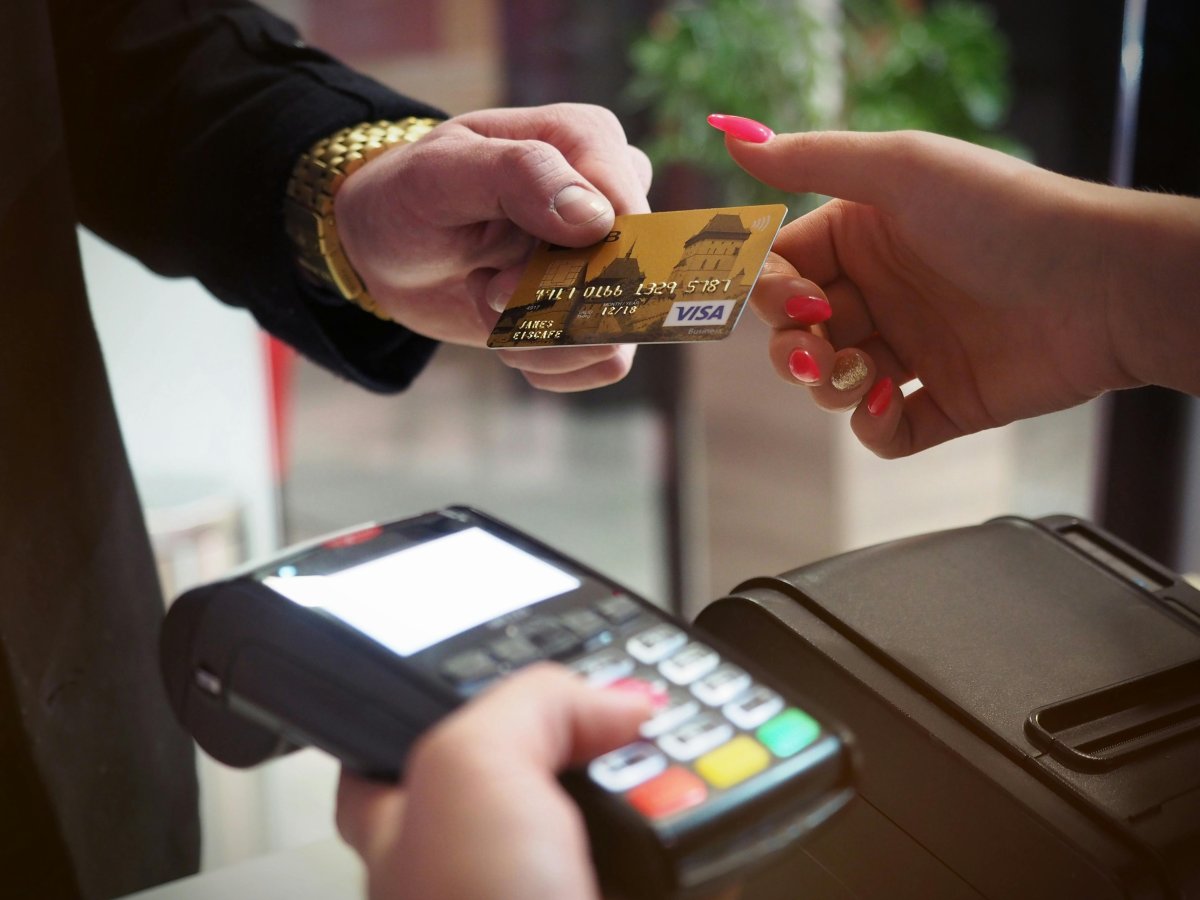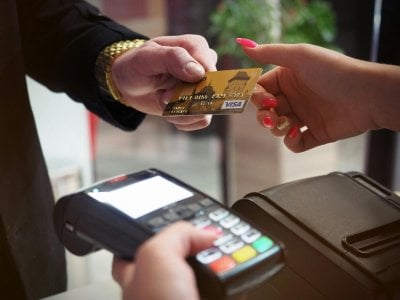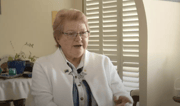
My recent column about credit card fees triggered a flood of emails from readers sharing their own war stories about being ripped off.
But one reader, Tony, offered a fresh angle: the maddening difficulty of verifying transactions when the name on your statement does not resemble the business you dealt with.
He wrote: ‘Incidence of fraud or attempted fraud has increased exponentially. We’re constantly told to check our statements—but many merchants don’t even provide receipts unless asked. And in today’s world, it shouldn’t be necessary for customers to keep piles of dockets, often for trivial amounts.’
Tony pointed out that Red Rooster appears on his statement as Investment West Pty Ltd, and Jamaica Blue Café appears as Gerisemda Pty Ltd. I agree with him—it’s been driving me mad for years.
When I spot a sizeable charge, perhaps the cost of a dinner out, my first step is to check my diary to see where I was that day. But even that can fail, because transactions often appear a day or two after the actual event.
Tony took his gripe to both Bankwest and Westpac, where he holds credit cards.
The response? They said they couldn’t fix it, as they were bound by the systems of Visa and Mastercard.
Not one to give up, Tony escalated to the Australian Financial Complaints Authority. However, the AFCA ruled it out of bounds, and complaints about general banking practices fell outside their remit. Frustrated, he turned to me.
We all know the big banks’ favourite sport is passing the buck, so I decided to go straight to Mastercard to hear their side.
Their spokesperson explained that card networks like Mastercard provide the infrastructure, or ‘the plumbing’, behind transactions, which enables money to move between banks securely.
That infrastructure does support the ability to display merchant details in the banking app, but it’s up to the banks and other card issuers to implement that technology for their customers.
He even sent me a link to their product, Ethoca Consumer Clarity, which allows banks to do just that. It’s an impressive suite of features—if the card issuers choose to implement them.
I told him about what I saw as a glaring anomaly: whenever I use Apple Pay, the merchant name on my statement always matches the store where I shopped. He confirmed that’s likely because Apple Pay, a digital wallet that holds your debit or credit card, has chosen to enable that functionality for its users.
So the technology exists. The problem is that most banks won’t bother turning it on.

ING and Bendigo Bank have adopted many of these features. But the big players? Not so much.
In a perfect world, banks would adopt tools like this to make statements crystal clear. That way, customers could quickly verify transactions without a detective’s skills and a paper trail of receipts.
Unfortunately, we don’t live in a perfect world. Instead, we get the banking industry’s favourite three-step dance: deny responsibility, point to someone else, and do nothing.
It’s a shame, because improving this one small aspect of banking would reduce customer stress, save time, and cut down on false fraud alerts—something that’s become far too common in a world where real fraud is already running rampant.
Until the banks lift their game, the best approach is to keep a close eye on your statements and make use of payment methods that give you the clearest transaction details.
Apple Pay is one example, and there may be others. It’s also wise to keep receipts for any purchases you might need to query later, even if they’re for coffee and muffins.
It’s hardly ideal. We should be able to rely on our banks to give us accurate, user-friendly information without having to double-check every other transaction. But for now, the burden remains on us.
The bottom line is that the problem is fixable—Mastercard, Visa and others already offer the solutions. It’s the banks who are choosing not to use them.
And when your statement says Gerisemda Pty Ltd, don’t be surprised if it turns out to be your morning coffee.
About the author:
Noel Whittaker, AM, is the author of Wills, death & taxes made simple and numerous other books on personal finance. An international bestselling author, finance and investment expert, radio broadcaster, newspaper columnist and public speaker, Noel Whittaker is one of the world’s foremost authorities on personal finance. Connect via Twitter or email ([email protected]). You can shop his personal finance books here.
Advice given in this article is general in nature and is not intended to influence readers’ decisions about investing or financial products. Always seek professional advice that takes into account your personal circumstances before making any financial decisions. The views expressed in this publication are those of the author.








